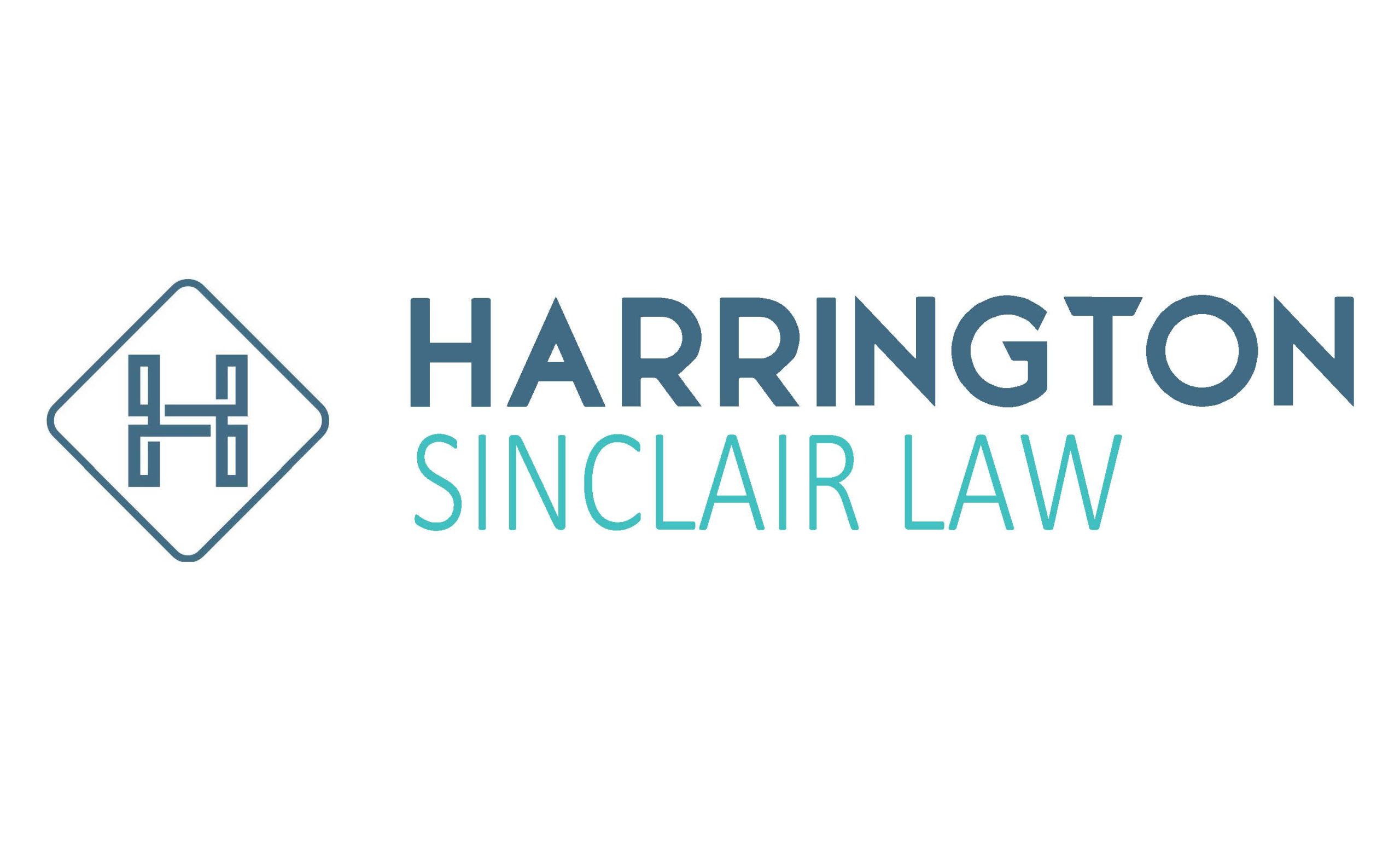Harrington Sinclair are committed to the promotion of equality and diversity within the Firm and within its policies, practices and procedures and to the elimination of all forms of unlawful discrimination.
In accordance with the Equality Act 2010, we will treat everyone equally and with the same degree of attention, courtesy and respect regardless of age, disability, gender reassignment, marriage and civil partnership, pregnancy and maternity, race, religion or belief, sex or sexual orientation (the “protected characteristics”). In particular, the following forms of discrimination are prohibited under this policy:
- Direct discrimination – where someone is treated less favourably than another person would be treated because they have, or are thought to have, a protected characteristic or because they associate with someone with who has a protected characteristic. An example of this would be rejecting a job applicant because of their ethnic origin, religious views or sexual orientation.
- Indirect discrimination – where a provision or practice that applies to everyone disproportionally affects a person with a particular protected characteristic more than others, and which cannot be justified. An example of this would be requiring applicants for a job to have at least ten years’ experience (which would discriminate against younger applicants) or requiring all staff to work full-time (which could discriminate against mostly women with childcare responsibilities).
- Harassment – unwanted conduct that violates a person’s dignity or creates an intimidating, hostile, degrading, humiliating or offensive environment for an individual. This could include sexual harassment and any other form of harassment based upon a protected characteristic and includes bullying which is dealt with later in Part 8 – “Staff Handbook”. An example would be unwelcomed sexual attention, lewd or suggestive behaviour or jokes, derogatory comments based on a person’s race or religious beliefs or homophobic jokes or references.
- Victimisation – where steps are taken against someone who has complained of, or who has supported someone else’s complaint about, discrimination or harassment. An example of this would be not promoting someone because they were friendly with someone who has complained about homophobic comments.
- Disability discrimination – treating a person less favourably because of a disability or failing to make reasonable adjustments for a person with a disability so as to reduce the disadvantages caused to them by that disability. An example of this would be not allowing a person with walking difficulties to have a ground floor office.
The Firm is committed to avoiding discrimination on any of the above grounds in its dealings with clients and potential clients, other solicitors, barristers and third parties, and in relation to all current directors and employees, as well as applicants for positions within the firm and all related recruitment activity, along with internal promotions and training opportunities. The are also committed to promoting equality and diversity in all aspects of the firm’s operations, including our services to clients.
Dealings with clients
The Firm is committed to addressing the needs of clients in an inclusive and diverse way and will take such steps as are appropriate to ensure that the Firm’s services are accessible to all. The Firm will treat all clients fairly and equally at all times and although generally free to decide whether to accept instructions from any particular client or not, we will not make that decision based on any protected characteristics.
The Firm will also take such steps as are reasonable to ensure that it meets the diverse needs of clients and will where possible, and permitted by the relevant anti- discrimination legislation, implement processes to ensure that services are delivered in a way that addresses any specific requirements that exist as a consequence of a client’s ethnic or cultural background, gender, religion or belief, sexual orientation, disabilities, age or other relevant factors. We will do so only where this is permitted by the relevant antidiscrimination legislation.
The Firm will ensure that the provisions of this equality and diversity policy are observed by all personnel and third parties at all times and will take seriously any complaint of discrimination by or on behalf of a client, employee, partner/director, third party or other person, and act promptly to investigate.
Partners/Directors and Employees
The Firm will ensure that it appoints, trains, develops, rewards and promotes partners/directors, employees, prospective employees and others on the basis of merit and ability alone.
The Firm regards all staff members to be equal and as a consequence wishes to engender a working environment that is free from all unlawful or inappropriate discrimination. This applies to recruitment, conditions of employment, promotion, access to training, grievance and disciplinary procedures, dress code and all other employment related matters and applies equally to those in voluntary positions and anyone undertaking work experience. Where it is appropriate to do so, the Firm will use its best efforts to provide facilities and conditions of service that take account of the specific needs of employees which arise from their ethnic or cultural background; gender and gender reassignment; responsibilities as carers; disability; religion or belief or sexual orientation.
All job applicants will be treated equally and fairly and the Firm will operate an open and fair recruitment process, using selection criteria that do not discriminate or lead to unfair decisions. In particular:
applicants for jobs will be assessed according to their individual qualities and personal merit rather than based on discriminatory views or stereotypes;
- qualifications or other experience criteria, including those based on years of experience, will only be applied where they can be objectively justified;
- age limits will generally not be permitted unless there is a particular reason or objective justification for those limits;
- any selection criteria that put a person with a disability at a substantial disadvantage due to their disability or need for reasonable adjustments to be made will only be allowed if it can be objectively justified.
Recruitment and selection are dealt with in Part 8 – “Staff Handbook”.
Liability for acts of discrimination might extend beyond the individuals concerned to the owners of the firm. For this reason, any deliberate breach of this policy is likely to be regarded as a serious disciplinary offence that might justify instant dismissal. Any internal complaint that a breach of this policy has occurred should be addressed to Peter Dodd without delay in accordance with our disciplinary and grievance process and a complaint from outside the firm will be handled through our complaints handling process.
All personnel will be provided with training on compliance with equality and diversity requirements and this training will be repeated as and when necessary.
Disability considerations
The Firm acknowledges its obligations not to discriminate against, harass or victimise those with a disability and that it is subject to the duty to make reasonable adjustments to prevent those employees, directors and clients who have a disability from being at a disadvantage in comparison with those who are not. The Firm takes the view that those with a disability, including clients, employees and job applicants, should be able to participate in all of the Firm’s services and benefits fully, on an equal basis with people who do not have a disability. The Firm is particularly keen to ensure that employees with a disability are treated equally in relation to recruitment and selection, promotion, transfer and training, terms of employment, benefits, facilities and services, dismissals, resignations and redundancies.
For the purpose of this policy, a disability is defined as a physical or mental impairments that has a substantial and long-term affect upon a person’s ability to carry out normal day to day activities. This includes conditions such as HIV and some forms of cancer from the point of diagnosis which are not required to be long term. All employees must be aware that not all disabilities are immediately obvious and should therefore be sensitive to the potential effect of all such conditions.
In the event that anything which the Firm does, or anything relating to the Firm’s premises, puts a person with a disability at a substantial disadvantage compared with those who do not have that disability, then the Firm will take such reasonably practicable steps to prevent that disadvantage from arising or continuing. This is known as the duty to make reasonable adjustments.
Examples of reasonable adjustments that the Firm may make include:
- for those clients with impaired hearing, the Firm will, where appropriate, consider providing information in writing rather than verbally, provide a qualified sign language interpreter or lip speaker, ensure that communications between the Firm and the client are in writing rather than verbal, or use BT Typetalk, text messages or other similar services;
- for clients with visual impairment, the Firm will, where appropriate, consider offering documents in large clear type or in Braille or Moon or provide spoken versions of those documents on computer disk, portable memory storage or audiotape as necessary;
- clients and staff will be provided with accessible toilet and other facilities;
- where staff have mobility issues, their working areas will be made more easily accessible and, where it is possible for them to do so, they will be permitted to work from home for some or all of the time; or
- where clients have mobility issues and find it difficult to attend the office then, where it is reasonable to do so, home visits will be arranged.
Counsel and experts
Counsel and experts must be instructed on the basis of their skill, experience and ability and not on grounds of sex, sexual orientation, marital status, race, ethnic origin, colour, nationality, national origin, disability, religion, belief or age and everyone in the Firm must not instruct an expert, brief a barrister or request or permit a barristers’ clerk to pass on instructions on the basis of these prohibited factors.
If a client expresses a preference for an adviser that is based on any of the above grounds you should try to persuade them to modify their instructions. If they refuse to do so the Firm may have to cease to act for them further.
In relation to the instruction of Counsel, all personnel must bear in mind the provisions of sections 47 and 48 Equality Act 2010 relating to the giving, withholding or acceptance of instructions to a barrister.
Unconscious Bias
All personnel should be aware of the impact that unconscious bias can have in the workplace and should take steps at all times to avoid allowing their actions and decisions to be based upon unconscious bias.
Unconscious bias, which can also be called implicit bias, arises when someone acts on subconscious or deeply held biases, stereotypes, and attitudes. Often these are as a result of inherent human cognition, experiences, upbringing, and environment. They can take the form of instinctive or kneejerk reactions to situations with the result that a person’s actions can cause others to be unfairly discriminated against or favoured without them even realising that they have acted in this way. It can even arise in circumstances where that person believes that they do not apply common stereotypes, for example in relation to unconscious gender or racial bias. This can lead to discriminatory or unfair decisions being made in relation to recruitment, promotion, disciplinary process, attitudes to clients and the use of contractors, barristers or experts.
The Firm wishes to remove unconscious bias from its processes and procedures as far as possible. All staff must therefore take steps to increase their understanding of the effects of unconscious bias and should, when making decisions that might be affected
by it, take time to consider the implications of that decision, ensure that they can justify the decision objectively, be open to challenges and conversations around the decision and record their reasons for making it.
Monitoring and review
This policy will be monitored periodically by the Firm to judge its effectiveness and workforce diversity monitoring will be conducted as required by the SRA through a questionnaire-based exercise. The Firm has appointed Peter Dodd to be responsible for the operation of the policy. The Firm will aim to monitor the ethnic and gender composition of existing staff and applicants for jobs (including promotion) and the number of people with disabilities within these groups and will review the equal opportunities policy as an element of this overall policy as appropriate.
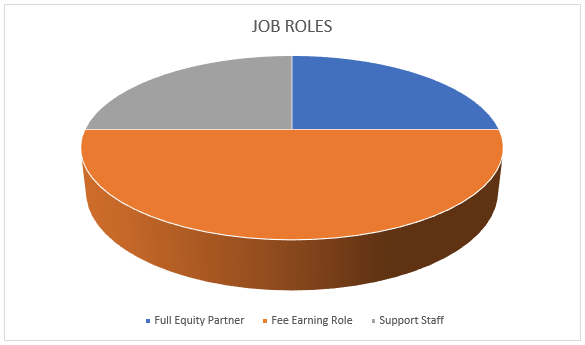 |  |
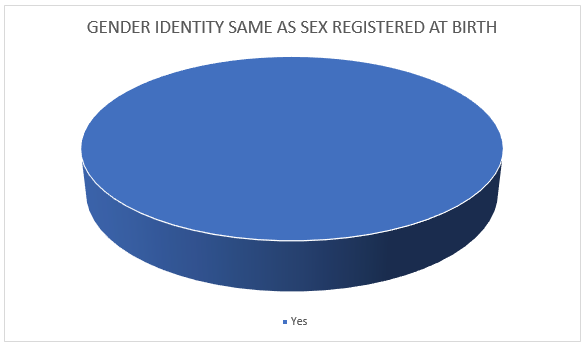 |  |
 |  |
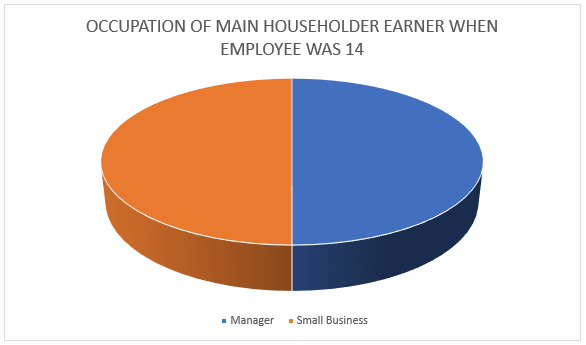 | 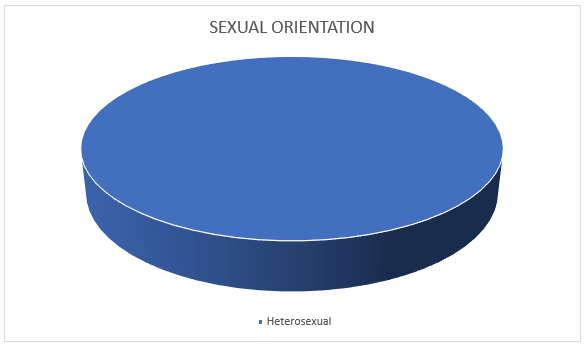 |
 |  |
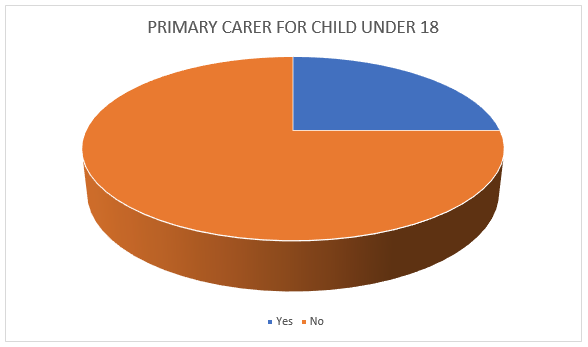 | 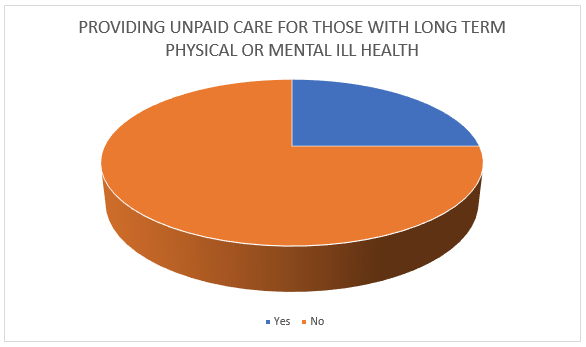 |
